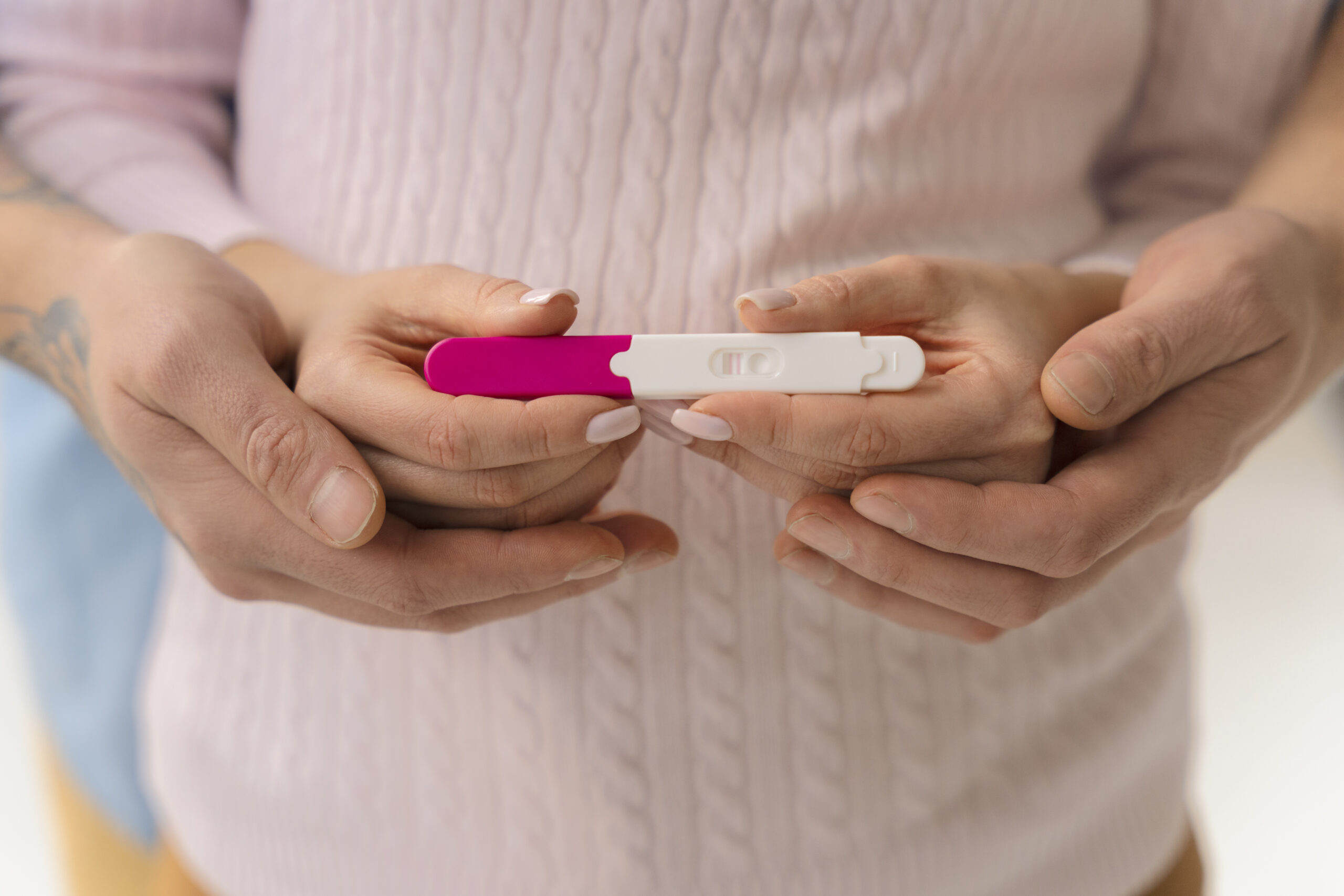PCOS, Fertility, and Gestational Diabetes: More about the Connection

PCOS, Fertility, and Gestational Diabetes: More about the Connection
Polycystic ovary syndrome (PCOS) is a common hormonal disorder that affects many women worldwide. Beyond its impact on reproductive health, PCOS has also been associated with increased risks of fertility issues and gestational diabetes during pregnancy. In this short article, we will explore the connection between PCOS, fertility challenges, and the development of gestational diabetes.
Body:
1. PCOS and fertility challenges:
PCOS can disrupt a woman’s menstrual cycle and impair ovulation, making it harder for her to get pregnant. The hormonal imbalances in PCOS, such as elevated levels of insulin and androgens (male hormones), can interfere with the regular release of eggs from the ovaries. This can lead to irregular menstrual cycles, reduced fertility, and in some cases, difficulty in conceiving.
2. Increased risk of gestational diabetes:
Women with PCOS have a higher likelihood of developing gestational diabetes during pregnancy. PCOS is often characterized by insulin resistance, a condition where the body’s cells become less responsive to the hormone insulin. During pregnancy, insulin resistance may worsen, leading to elevated blood sugar levels and increasing the risk of gestational diabetes. This condition can pose potential health risks for both the mother and the baby if not managed properly.
3. Managing PCOS and fertility:
Working with healthcare professionals, women with PCOS can explore various options to enhance their fertility. Treatments such as lifestyle changes, weight management, fertility medications, and assisted reproductive techniques like in vitro fertilization (IVF) can help improve their chances of getting pregnant.
4. Preventive measures for gestational diabetes:
Pregnant women with PCOS should be closely monitored for the development of gestational diabetes. Regular prenatal care and monitoring of blood sugar levels are crucial to identify any abnormalities and manage them effectively. A well-balanced diet, regular physical activity, and appropriate medical interventions, as advised by healthcare professionals, can help minimize the risks associated with gestational diabetes.
Conclusion:
PCOS can pose challenges for women’s fertility and increase the likelihood of gestational diabetes during pregnancy. However, with proper medical guidance, lifestyle modifications, and timely interventions, women with PCOS can enhance their fertility prospects and minimize the risks of gestational diabetes. Seeking medical advice and support is crucial for managing PCOS-related concerns, promoting fertility, and ensuring a healthy pregnancy journey for both the mother and the baby.
(Note: This article provides a brief overview of the subject and does not substitute medical advice. If you suspect you may have PCOS or require more information, consult with a healthcare professional.)



